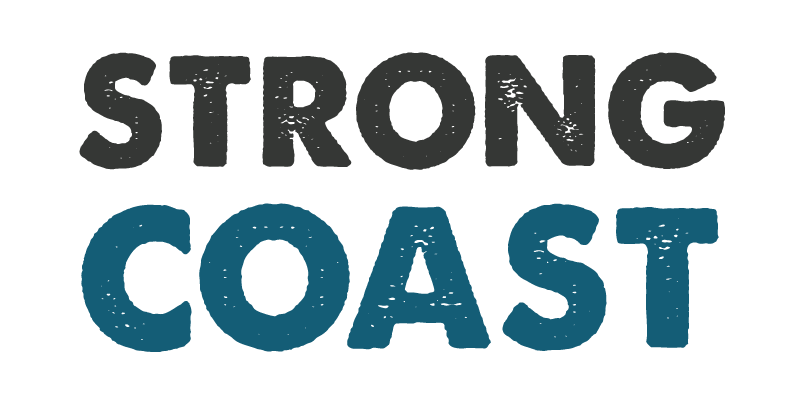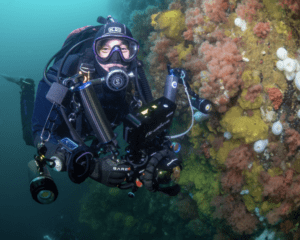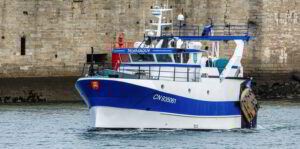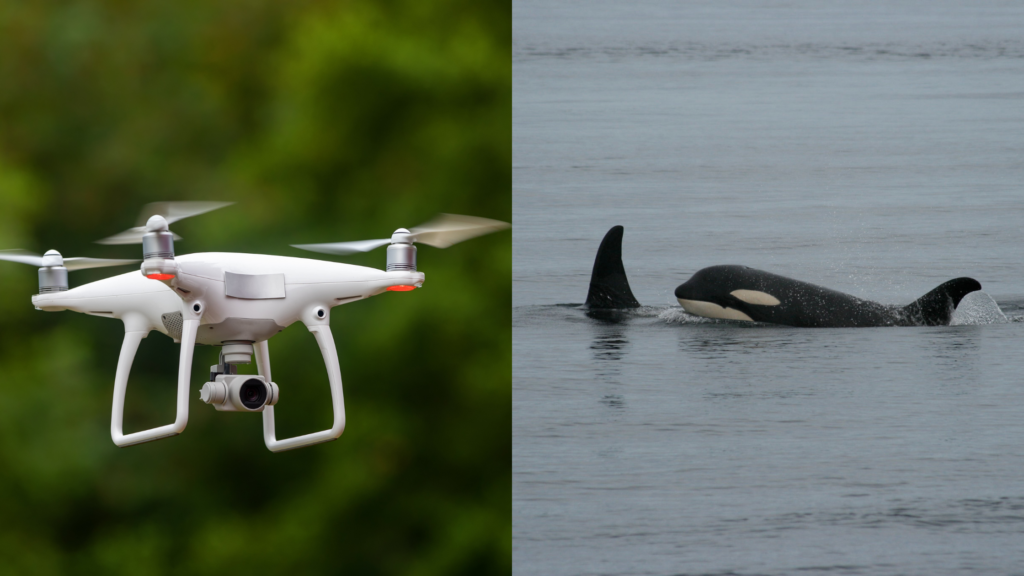
Filming orcas “beach rubbing” on Vancouver Island just cost a BC film company a $25,000 fine–plus a $5,000 fine for drone operator Mathew Hood.
River Road Films Ltd. pleaded guilty to illegally using drones to film Northern Resident Killer Whales, the federal fisheries department said in a statement.
“This is the first time a fine was issued in Canada for the unlawful use of a drone to capture killer whale footage,” said DFO. “Marine mammals can be disturbed by drones, which are considered an aircraft.”
The producers were prohibited from using the footage taken from the drones.
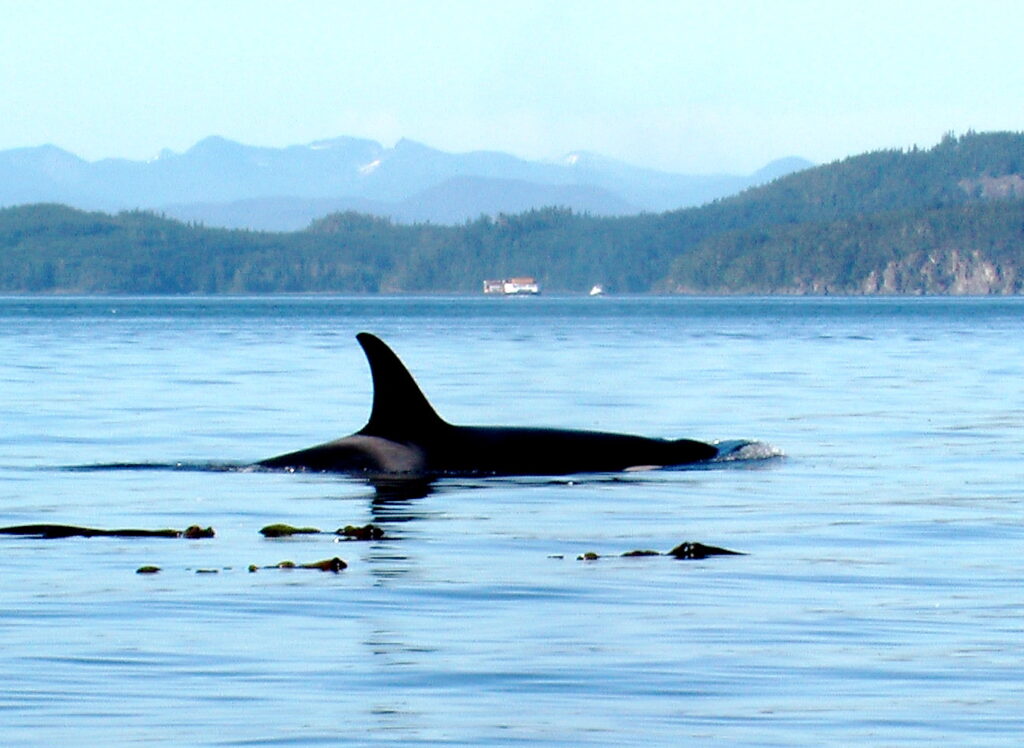
River Road’s website notes that it’s a natural history documentary production company led by father-daughter team Jeff and Chelsea Turner. It is best known in BC for its role in a 2022 Netflix documentary about Vancouver Island animals, “Island of the Sea Wolves.” Narrated by Will Arnett, that documentary won an Emmy award.
The company and a British partner had applied in 2020 to use drones to film species at risk for another documentary–but were turned down, noted DFO.
In August 2021, the crew of River Road Films Ltd. were found using drones and underwater video to capture NRKW activities at a well-known rubbing beach on Vancouver Island.
DFO noted that Canada’s Marine Mammal Regulations require people to stay 400 metres away from all killer whales in southern BC waters, 200 metres from killer whales in all other Canadian Pacific waters, 200 metres away when a whale, dolphin or porpoise is in a resting position or with a calf; and 100 metres away for other whales, porpoises and dolphins.

Northern Resident Killer Whales are the only orcas in BC known to skid their bodies over sloping beaches of smooth pebbles, notes a post about beach rubbing by the Marine Detective. “Beach-rubbing by the Northern Residents must be a social and recreational behaviour.”
“In order to get down low and in contact with the rocks, they often super-deflate their lungs to reduce buoyancy, releasing a gush of bubbles,” said the Marine Detective, adding that orcas rub all parts of their bodies, sometimes for more than one hour.
You can read the DFO statement here. Learn more about BC’s orcas on Strong Coast’s Explainer here.
Watch live streams and video of the rubbing beaches from the science organization OrcaLab here.
